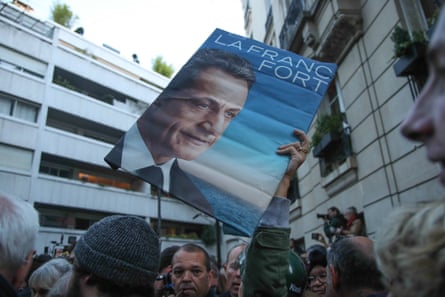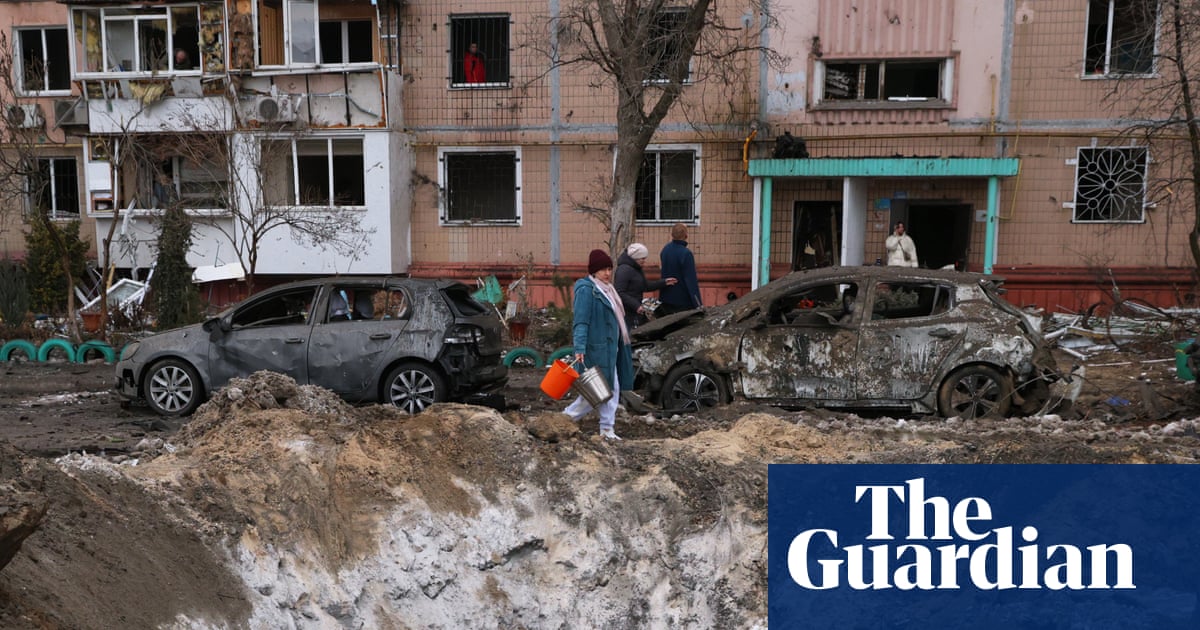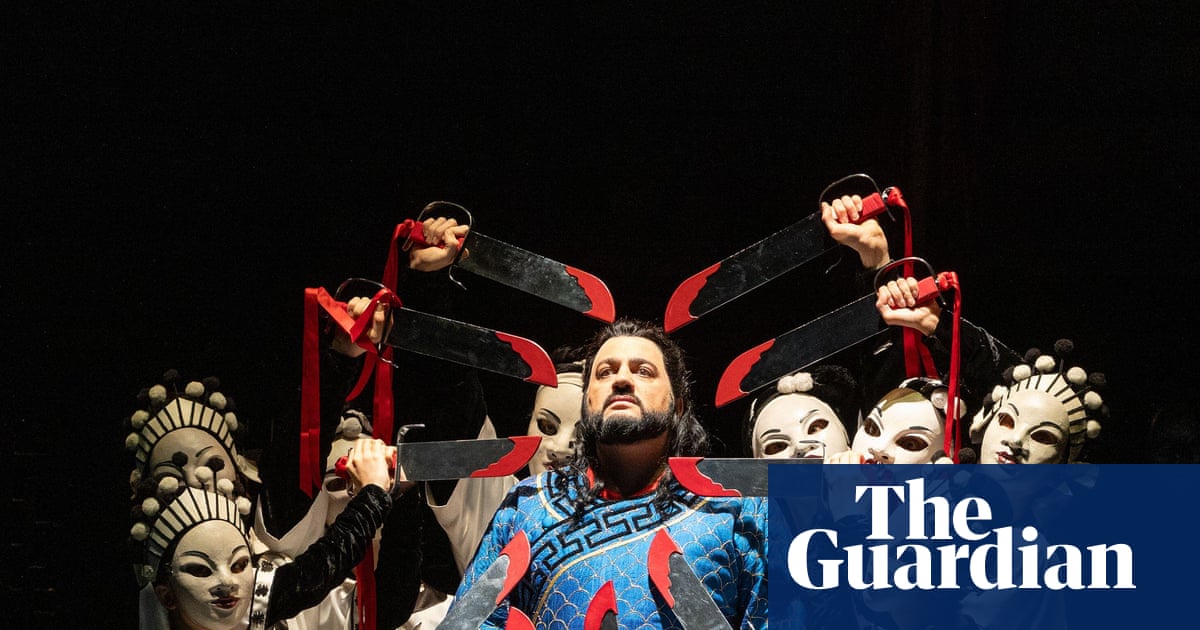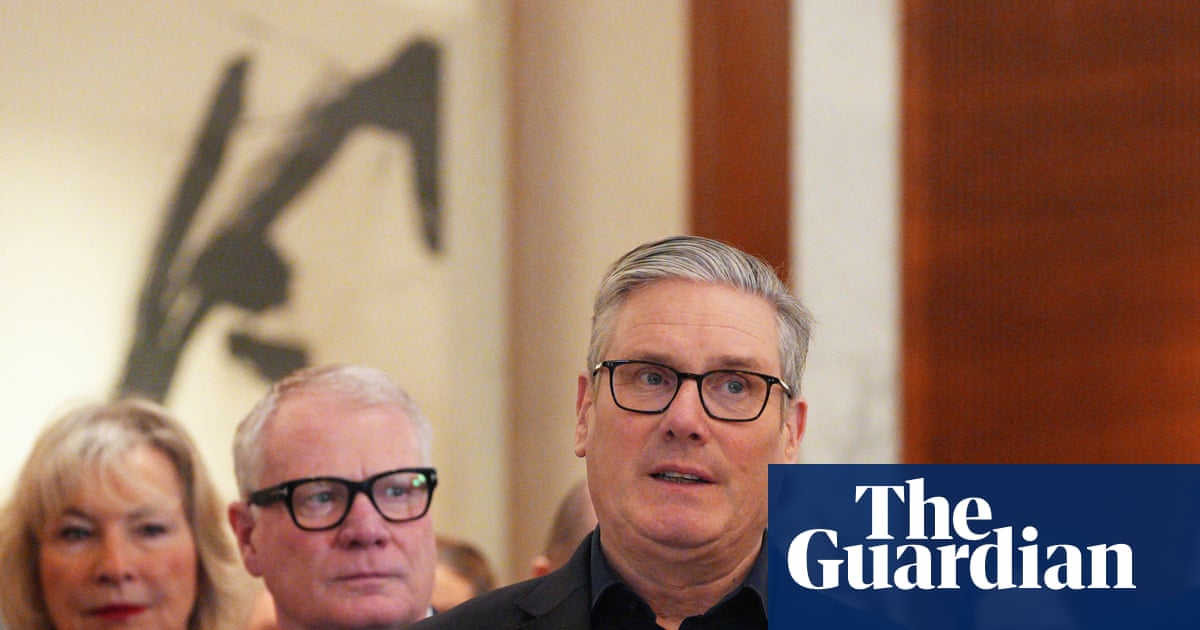According to some international commentators – and France’s perpetually doomsaying conservatives – the break-in at the Louvre was much more than a burglary; it was the latest chapter in a grand narrative of national collapse. Never mind that it was probably carried out by a couple of chancers with a crowbar: for some of the pessimists, it’s civilisation itself that’s being prised open.
Funny how the same people who decry France’s alleged dysfunctionalism probably marvelled at the Paris Olympics of summer 2024 – that brief, dazzling interlude when the city actually worked, the trains ran on time, and millions around the world fell a little bit in love with France again.
The Louvre heist is hardly a harbinger of France’s decline – any more than the Notre-Dame fire in April 2019 was a symbol of the nation’s de-Christianisation. One a daring burglary, the other a simple construction accident – yet both reveal far less about the fate of France than about the relentless trimming of state funds for the upkeep of its cultural heritage.
The very conservative politicians who now lament what they call young people’s “amnesia” about the past are the ones who made sure to cut back history lessons in secondary schools. The French elites are riven with contradictions, and we live in “an age of myth-making” as the French historian Marc Bloch observed: “The periods most devoted to tradition have also been those that took the greatest liberties with its true inheritance. It is as though, by a curious irony born of an irresistible creative urge, the very act of venerating the past inevitably led one to invent it.”
How exactly are the French meant to feel a deep attachment to these stolen jewels when almost no one even knew they existed? And can we really blame them? Since the Revolution, France’s crown jewels have been little more than a revolving door of theft, recovery, sale, reassembly, and auction: spirited away in 1792, partially recovered two years later, flogged off by the Directory in 1796, pieced back together under the Empire, and finally auctioned once more in 1887 under the Third Republic.
Let’s not forget that the most dazzling royal diamonds and sapphires trace their origins to South Asia, at the height of Europe’s colonial expansion. With a few notable exceptions, modern France – a land of revolutions and restorations – remains largely indifferent to these trappings of monarchy, which conveniently serve, from time to time, as a handy top-up for the national coffers.
The crown jewels – that glittering collection of precious stones – are not, in fact, jewellery. In France, since the reign of Francis I, the joyaux de la couronne have been less about splendour than solvency: a state guarantee fund designed to back public loans rather than adorn royal necks and wrists. Which is why the jewels recently stolen from the Louvre are not, as some headlines breathlessly claimed, “France’s crown jewels”. They belong instead to what was known as the liste civile – the personal holdings of various members of the royal families.

While the burglary itself deserves nothing but condemnation, we should be wary of anyone turning the symbolic weight of these regalia into a political prop – especially as national-populism edges dangerously forward in France. Every petty crime becomes an occasion to resurrect the memory of a gloriously authoritarian and Catholic France – largely imagined, in this case the Second Empire – and to mourn the country’s so-called degeneration.
The torrent of reactions to this jewellery heist lays bare the emergence of a political bloc in France straddling the right and the far right, bound together by a common disdain for the revolutionary legacy that shaped the nation.
For days now, as if of one mind, they have launched an unprecedented assault, trampling on the very principles of equality before the law and judicial independence which date from the French Revolution of 1789 – all because the former president Nicolas Sarkozy happens to be behind bars. This political tendency has always existed, but it has never been so close to power since 1940. Today, it is the president, Emmanuel Macron, who, ensnared in a quasi-monarchical exercise of authority, is inflaming the political crisis and paving the way for this counter-revolution.
after newsletter promotion
From this perspective, the most telling image of the current crisis is less the recently breached Apollo Gallery than that of Macron, on election day, 7 May 2017, already standing alone before the vast Louvre Pyramid.
France, too, needs its own “No Kings day”, because now more than ever, our most precious shared treasure – what we must protect at all costs – is our democratic culture and the capacity of civil society to resist the rise of authoritarianism and the retreat into narrow identities.
-
Patrick Boucheron is a French historian and author, and professor of history at the Collège de France; Pierre Singaravélou is professor of history at the Université Paris 1 Panthéon- Sorbonne.

 2 months ago
68
2 months ago
68

















































